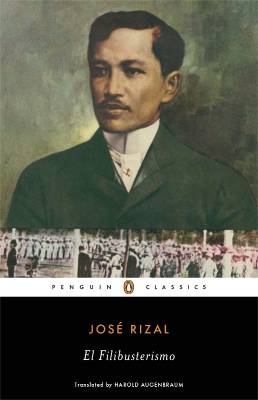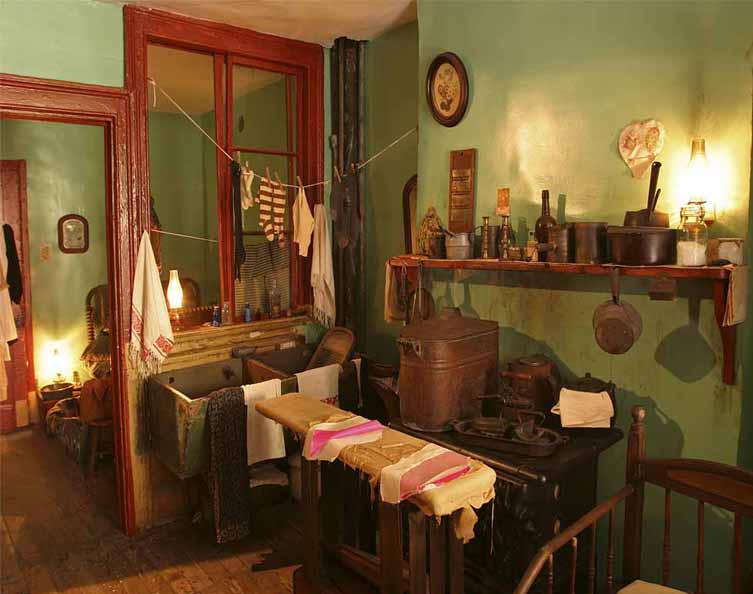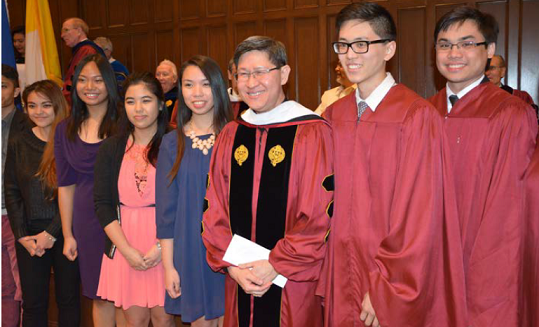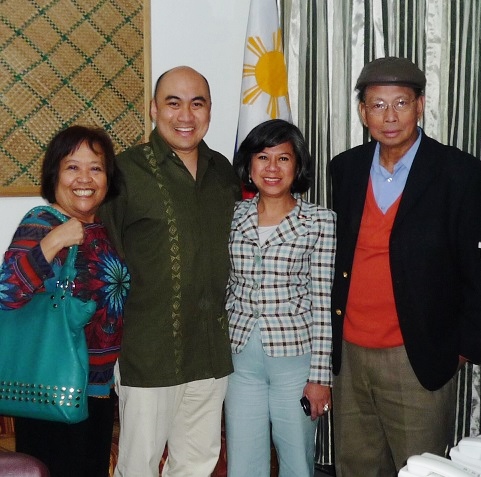• A woman at the CORE of non-profit • Rizal’s ‘Fili’ goes on sale in June
Venessa Manzano was recently elected chair of the non-profit association for young professionals called CORE or Collaborative Opportunities for Raising Empowerment, Inc. She is the first female chair of CORE, after a succession of four chairpersons since it was founded in 2003.
A native of Massachusetts, Venessa is born to first-generation Filipino parents and learned to speak Tagalog fluently at age 10. She has been active with the FilAm community since she was a freshman at Boston’s Northeastern University majoring in Physical Therapy. She founded the school’s first Filipino student organization called NU Barkada. This paved the way for deeper involvement with FilAms leading to her current position at CORE.
She was a dancer, choreographer, charity coordinator, website and newsletter creator for the Philippine Dance Company of Boston (PDCo Boston); charity coordinator helping raise funds for non-profits such as ABS-CBN’s Bantay Bata 163, Bahay Pag-Ibig, and Rotary International’s Gift of Hope. In 2005, she moved to New York when she became executive director of the Filipino American Human Services, Inc., which supported programs for seniors, youth and women, as well as the Adult Conversational Tagalog Classes. In 2010, she became CORE’s vice chair for Programs.
Despite a busy schedule, she finds time for family and friends, new languages, dancing and travel.
~~~~~~~~~~~~~~~~~~~~~~~

Penguin Classics commemorates the 150th anniversary of the birth of José Rizal with the stunning continuation of his great revolutionary epic of the Philippines—in a new translation.
Picking up the story of “Noli Me Tangere” (Touch Me Not) 13 years later, the sequel “El Filibusterismo,” presents a gripping tale of obsession and revenge. Gone are the Noli’s themes of innocent love, its hero, Ibarra, a man of great integrity and vision, replaced by the mysterious jeweler Simoun and a venal—and reprehensible—cast of characters. The result of Rizal’s growth as writer and influenced by his exposure to international events, “El Filibusterismo” is a riveting and suspenseful account of Filipino resistance to colonial rule that still resonates today.
The book will be on sale in June.
Jose Rizal (1861-1896) is known as the hero of the Philippines and the largest champion of Filipino nationalism and independence. Raised by an upper-class family of 11 children, Rizal left the Philippines for Spain in order to finish his education. Through his extensive travels and studies, he mastered 22 languages and practiced various professions, including journalism and medicine. His first novel, “Noli Me Tangere,” was published in Berlin in 1887, to the ire of the Spanish civil and religious servants in the Philippines whom it satirized. Its sequel, “El Filibusterismo,” further angered the Spanish authorities, and when the revolution broke out in the Philippines, Rizal was captured and imprisoned for sedition and rebellion. Rizal was executed on December 30th, 1896, at the age of 35.
Translator Harold Augenbraum is executive director of the National Book Foundation. Among his books are “Growing Up Latino,” “Encyclopedia Latina,” “Lengua Fresca,” and the “Norton Anthology of Latino Literature” (with Ilan Stavans), “The Latino Reader” and “U.S. Latino Literature” (with Margarite Fernández-Olmos), and translations of “Chronicle of the Narváez Expedition” and José Rizal’s “Noli Me Tangere” for Penguin Classics.
“Augenbraum has done a masterful job translating El Filibusterismo and provides another elegant, well-researched and thoughtful introduction. Though the Noli remains the better-known of the two, this powerful sequel shows us a more complicated, tough-minded Rizal and deserves a wider readership,” says FilAm author Jessica Hagedorn.
For more information on José Rizal’s “Noli Me Tangere,” listen to “The Noli: José Rizal and the Novel that Sparked the Philippine Revolution” on Penguin Classics On Air: http://bit.ly/18lcl3.












